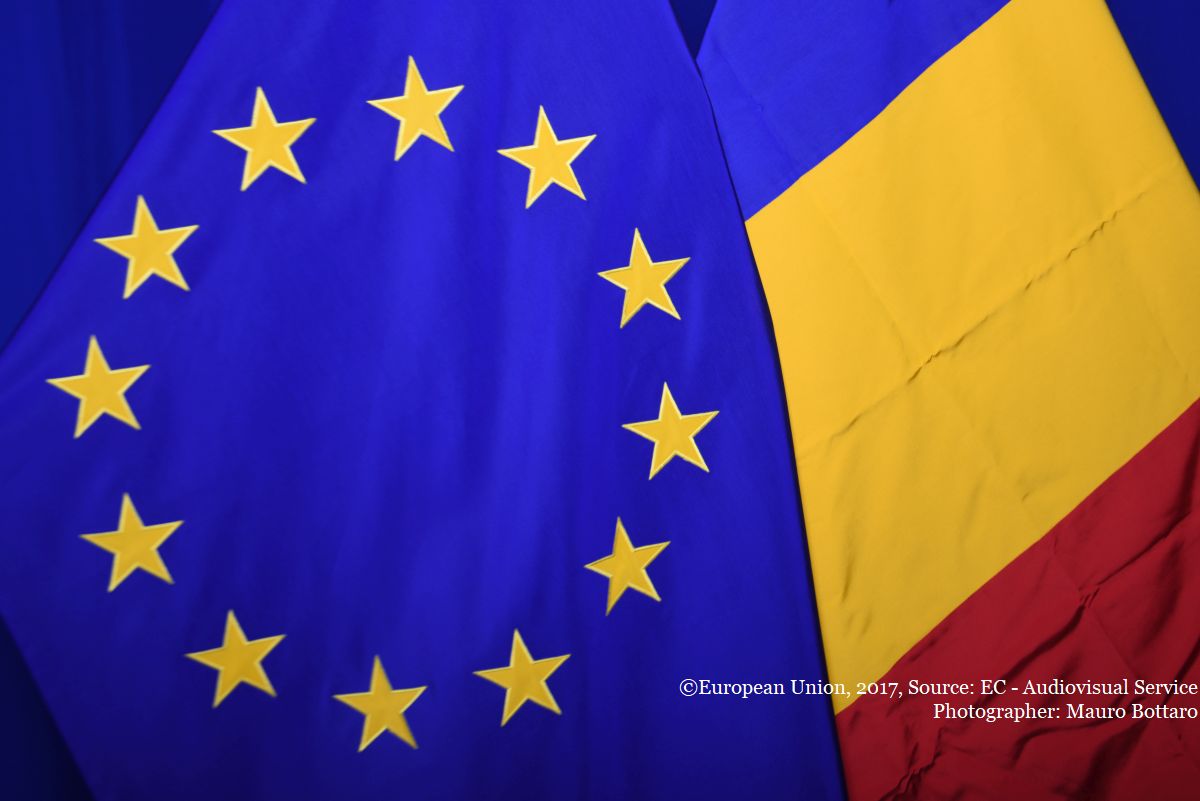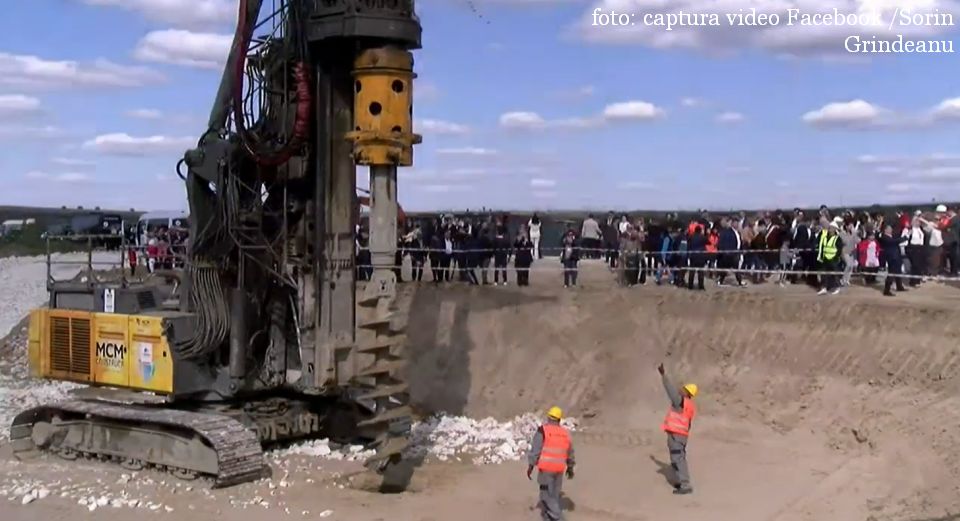The new European budget and Romania
Romania has secured around 40 billion euros from the future EU budget for the 2014-2020 period.
Leyla Cheamil, 11.02.2013, 13:05
Did Romania emerge successfully from the European Council meeting on the 7th and 8th of February, when European leaders agreed on the Union’s budget for the 2014-2020 period? Following tough negotiations in Brussels, the country will receive almost 40 billion euros from the community budget over the next 7 years, tantamount to 960 billion euros.
For the first time in the history of the European Union, the multi-annual budget will be lower than in the previous period by as much as 34 billion euros. Romania got the best possible deal from the European Council talks, says president Traian Basescu, who represented Romania at the summit in Brussels. He thus responded to criticism recently voiced by the ruling Social Liberal leaders, who accused him of having failed to negotiate a better deal for Romania.
The president said that as compared to the previous budget, Romania would receive an additional 6 billion euros. He explained that the country would also benefit from a 10% increase in cohesion funds and a 27% increase in Common Agricultural Policy funds. It was very difficult to convince the country’s European partners that Bucharest can spend more, given its low absorption rate in the last 5 years, president Basescu said. At the same time, he called on Romanian MEPs to support the EU budget bill unreservedly:
Traian Basescu: “I would like to call on all Romanian MEPs to support without reservations the budget bill as it was established at the European Council meeting on the 7th and 8th of February. If the bill does not pass, there is a risk that the budget will be approved on an annual basis.”
Prime Minister Victor Ponta on the other hand says the budget is a failure for Romania, which he says received 20% less than the amount initially proposed by the European Commission. He has described the EU budget as a failure for all EU countries, with the exception of Britain. The slash of the EU budget compared to the previous period is a step backwards for one of the fundamental goals of the Union:
Victor Ponta: “The idea of uniting a number of countries and bringing them at a similar development level translates into cohesion funds, and this idea, while not abandoned altogether, has now seen a step backwards.”
The Prime Minister also said that Romania’s priorities must be to improve the way in which it is represented within the European Union and increase the absorption rate of European funds. The budget bill for the 2014-2020 period will next be debated by the European Parliament. Unless passed by the EU’s legislative body, it will not be enforced.






























